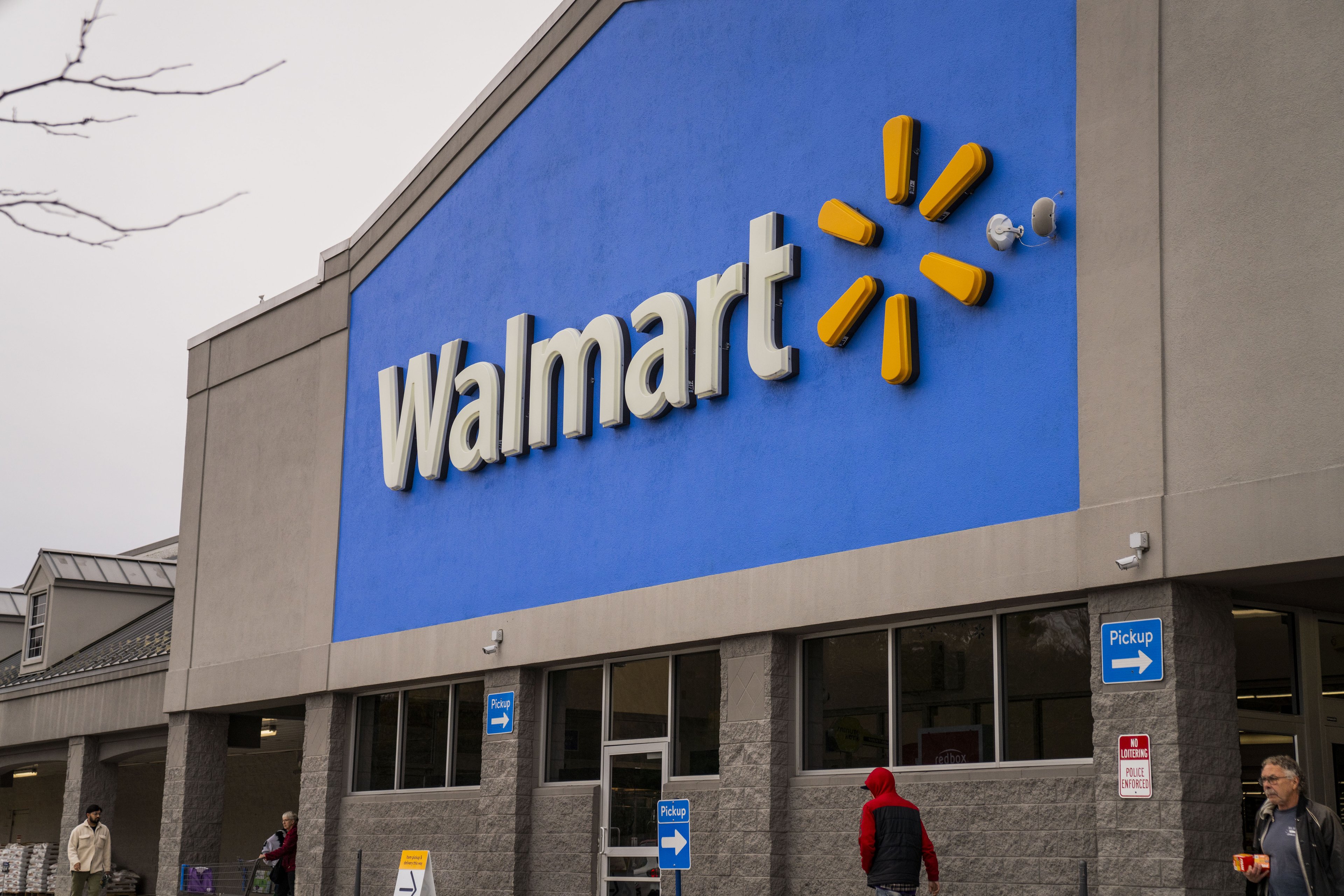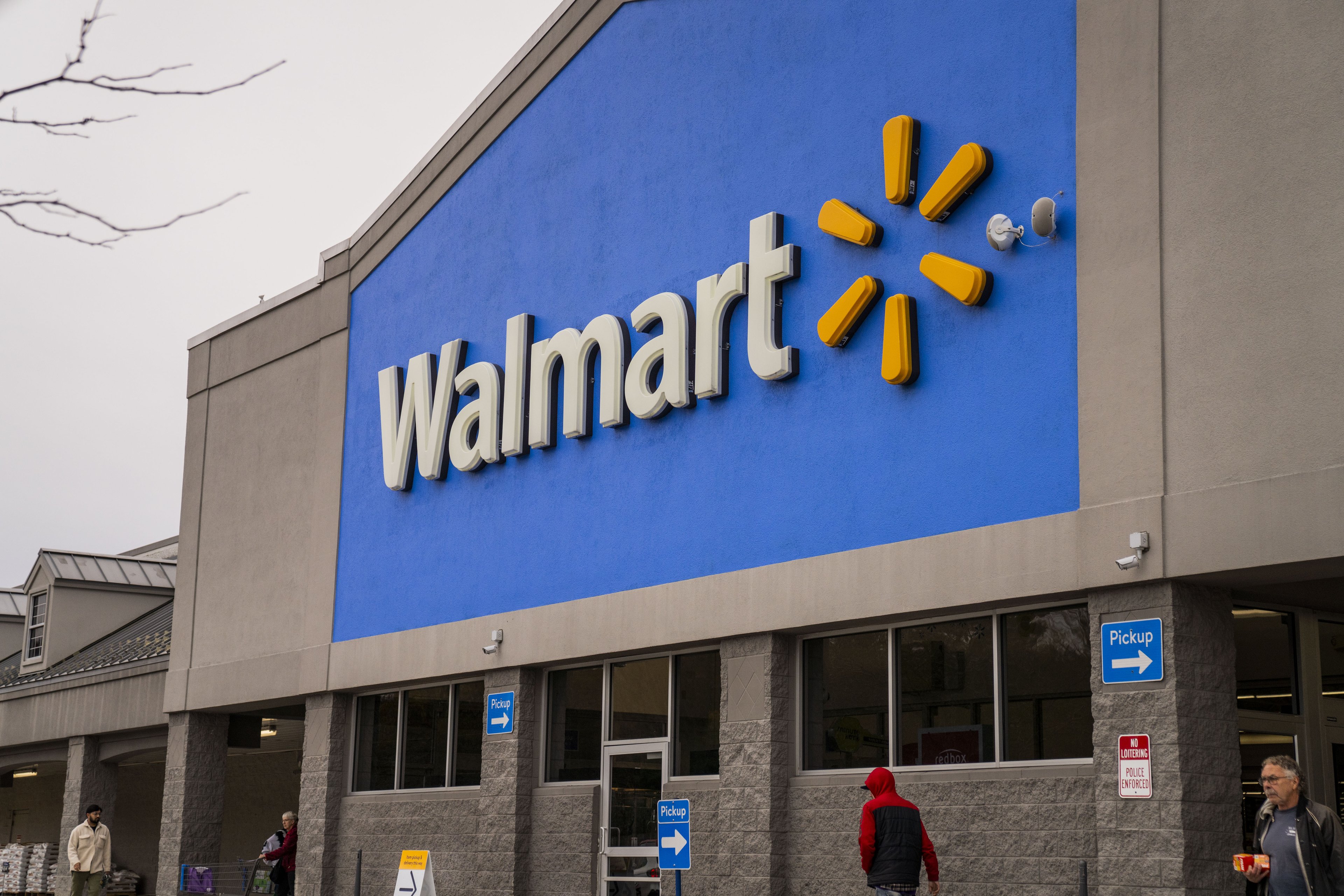Good news for budget-juggling holiday shoppers could be bad news for Wal-Mart (WMT 0.41%).
The world's largest retailer is eliminating fees to open a layaway account, where it used to charge shoppers $5 to let them pay ahead for an order in installments ahead of Christmas. For shoppers who fail to complete their purchases, the discounter will reimburse them with cash refunds instead of gift cards, but it is reintroducing a $10 cancellation fee that it had eliminated a year earlier.
Opening an account is now as easy as making a down payment of $10 or 10% of the item total, whichever is greater, to begin the paying-off process. Wal-Mart is also expanding the number of products that can be placed on layaway to 35,500.
Outside of reintroducing the cancellation fee, this all certainly seems to be a sign of desperation. These programs aren't cheap to run, especially if you toil away at Wal-Mart's lean margins.
One final tidbit on that front: Wal-Mart is kicking off this year's layaway program on Sept. 13, three days ahead of last year's rollout. The program didn't start until October the year before that, when the bargain-minded department-store operator brought back the layaway offering it had shelved for years.
Sears Holdings (SHLD +0.00%) will probably have to follow suit, as its meandering Kmart chain currently charges $5 for new accounts along with a $10 cancellation charge. Target (TGT 1.05%) has dodged actively promoting a layaway option, but it may not stay that way for long if Wal-Mart and Kmart begin to gain traction.

Source: Wikimedia Commons.
It's easy to see why Wal-Mart's anxious to win this holiday shopping season. Sales have been soft in recent quarters, and over the past two weeks we've seen uninspiring reports out of Wal-Mart, Target, and Kmart.
The economy's improving, but these retailers are suffering as middle-class shoppers trade out of the discount department-store chains. Wal-Mart and Kmart posted negative same-store sales in their latest quarters. Even Target's "cheap chic" isn't enough, as the 1.2% increase in stateside comps in its latest quarter didn't keep pace with inflation.
Discounters need to target less affluent customers, and that's where layaway comes in.
Sure, there's a stigma to layaway. Many argue that participants shouldn't be buying what they can't afford right away. Shoppers should be smart enough to save up on their own. The fees also add insult to injury, but this isn't a "poor tax" on the same outrageous level as payday advance loans or pawn-shop sales.
Wal-Mart has kicked off this fiscal year with back-to-back disappointing quarters. It can't afford to blow the seasonally potent holiday shopping period. If that means layaway shopping without any initiation fees, it's a small price to pay as it finds itself scrambling for relevance at a point in the economic cycle where consumers are presumably open to spending more.
Wal-Mart's desperate, but it doesn't have much of a choice.







